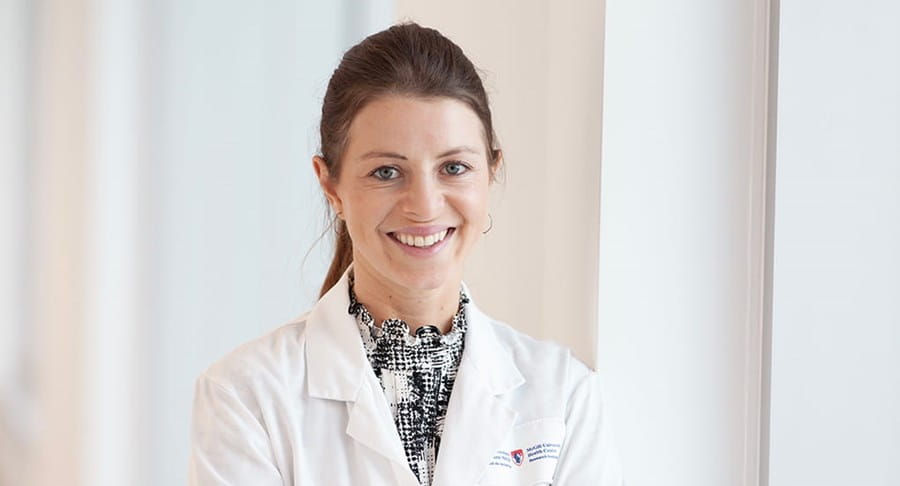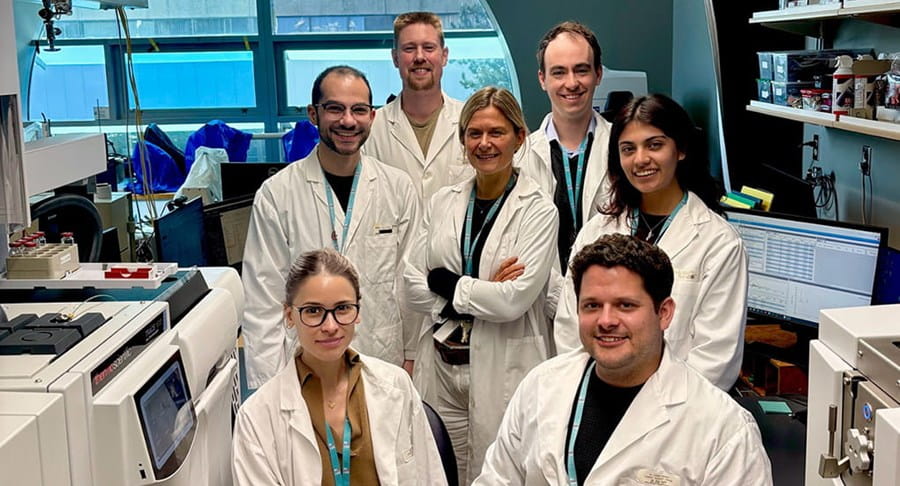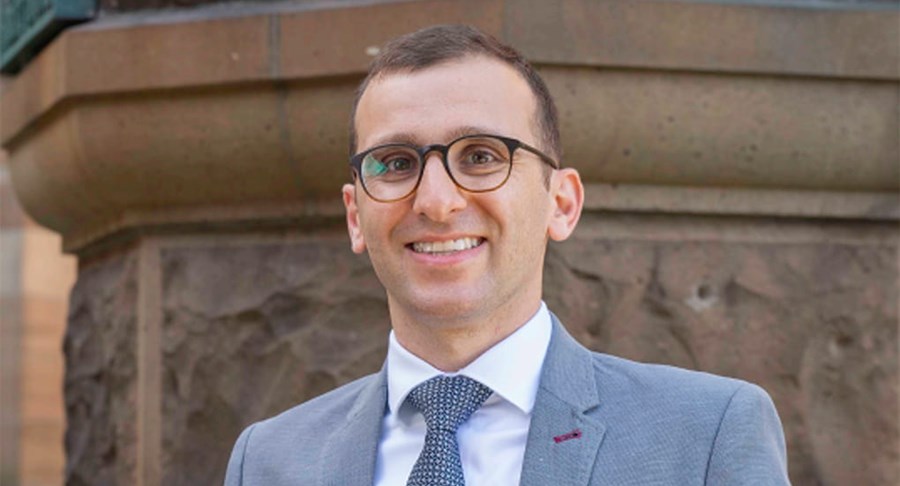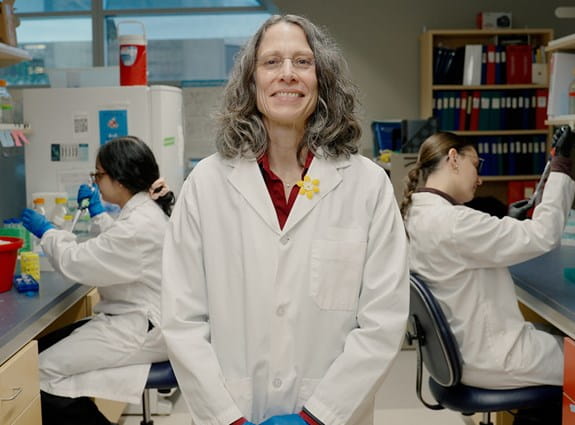
Leading the way in cancer research
Big challenges, bold thinking – powered by you
It’s an incredibly exciting time for cancer research.
Unprecedented cross-sector collaboration, technology-powered discoveries and strong patient involvement in research are speeding up advancements that are saving and improving lives –both at home and around the world.
Thanks to your generosity, the Canadian Cancer Society (CCS) is playing a vital role in driving this progress. Last year, we invested $50.8 million in world-class research and innovations. We challenged our research community to boldly tackle cancer’s toughest questions.
In this report, you’ll read about how CCS-funded research is changing lives and cancer care. Because of your support in 2024/25, almost 4,000 people in Canada were able to take part in clinical trials. We invested in critical research into metastatic cancer, research to advance health equity, and research with the potential to revolutionize cancer prevention, detection and treatment.
Our rigorous, independent funding approach allows us to invest in the most promising research of today, with confidence that it will lead to tomorrow’s breakthroughs. This report also includes stories about historic, practice-changing research that your continuous support has enabled.
For the 2 in 5 people in Canada who will be diagnosed with cancer in their lifetime, we are determined to increase cancer survival, stop cancer before it starts and improve the lives of those affected by cancer. But we can’t do it alone – it takes a society. Together, we are creating a world where hope and progress go hand in hand, and a future in which no one faces cancer alone.
We are deeply grateful for your support. Thank you.
Sincerely,
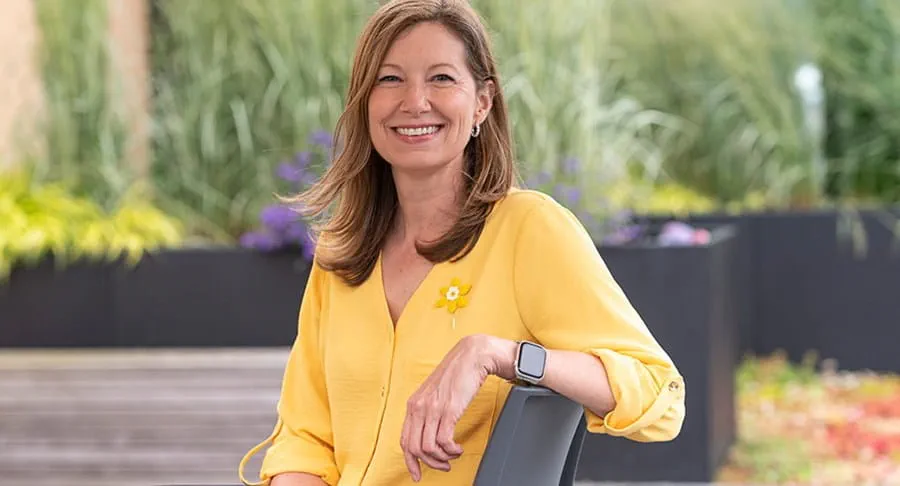
Andrea Seale
Chief Executive Officer
Canadian Cancer Society
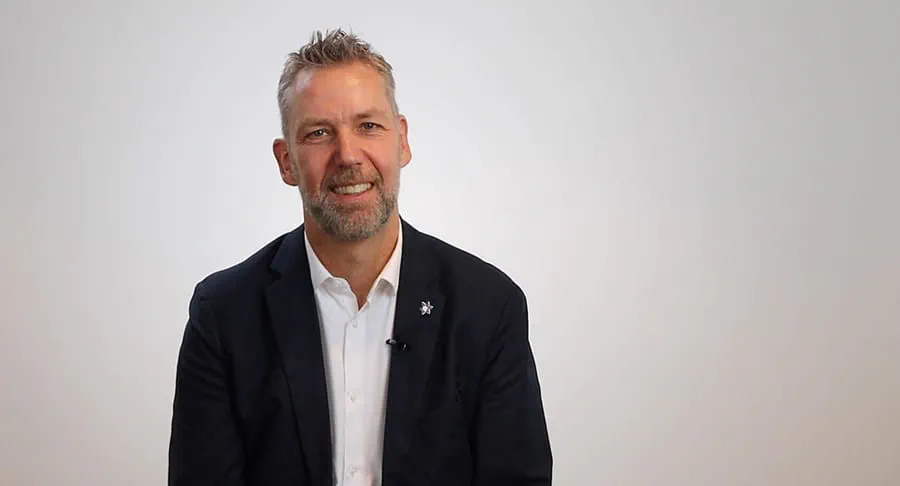
Executive Vice President, Mission, Research and Advocacy
Canadian Cancer Society
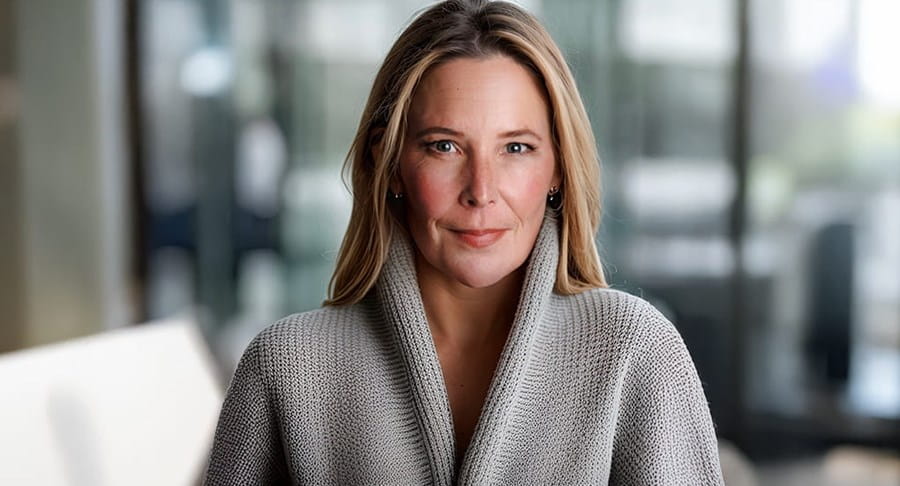
Scientific Chair, Advisory Council on Research
Canadian Cancer Society
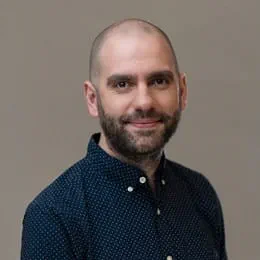
I am forever in debt to those who allow me and my team to pursue our life mission to improve outcomes for cancer patients. Receiving financial support is a privilege and a humbling expression of trust in our work and goals.
Dr Leandro Venturutti, CCS-funded researcher, BC Cancer
Research at a glance
Customizing cancer care
Imagine if a simple blood test could give your doctor all the information needed to personalize your cancer treatment. That’s the goal Dr Julia Burnier is pursuing – to develop faster, more comfortable tests that help tailor treatments to each person’s unique needs.
An IDEAL solution
Thanks to groundbreaking research, Dr Renelle Myers and Dr Rayjean Hung are now able to find and treat lung cancer earlier than traditional screening methods allow. Learn how these researchers are tackling lung cancer diagnosis from every angle.
Better cancer diagnosis
Eye cancer is often challenging to diagnose and sometimes requires difficult or uncomfortable biopsies. Dr Zaid Mammo is developing advanced scans to make diagnosing eye tumours easier, safer and less painful – helping to give people timely treatment and better outcomes.
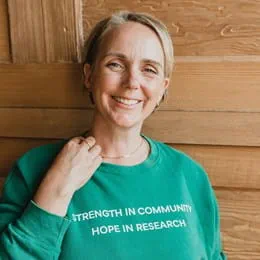
There are unexpected gifts along this journey and I really look at donors like one of those gifts. It’s just such a blessing to know that there are people out there who care enough to give what they can and to be a part of something bigger than they are.
Help fund world-leading cancer research
With almost half of all Canadians expected to face a cancer diagnosis in their lifetime, the urgency for funding is at an all-time high. Research holds the key to transforming the future of cancer.
If everyone reading this joins our monthly donor community today, we can keep up the momentum for life-changing discoveries to better detect, diagnose and treat all types of cancer.
Please donate today because every contribution counts.







